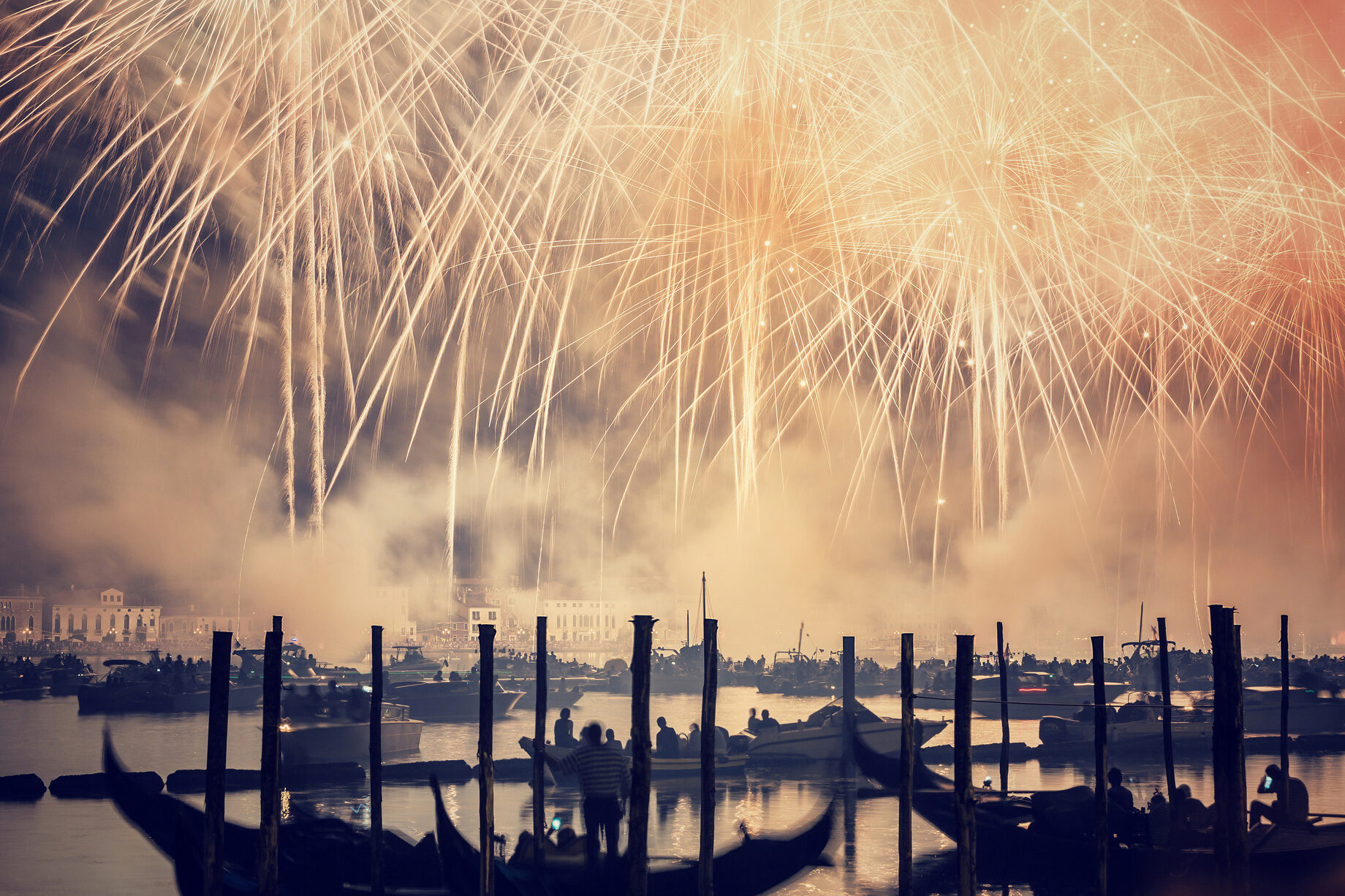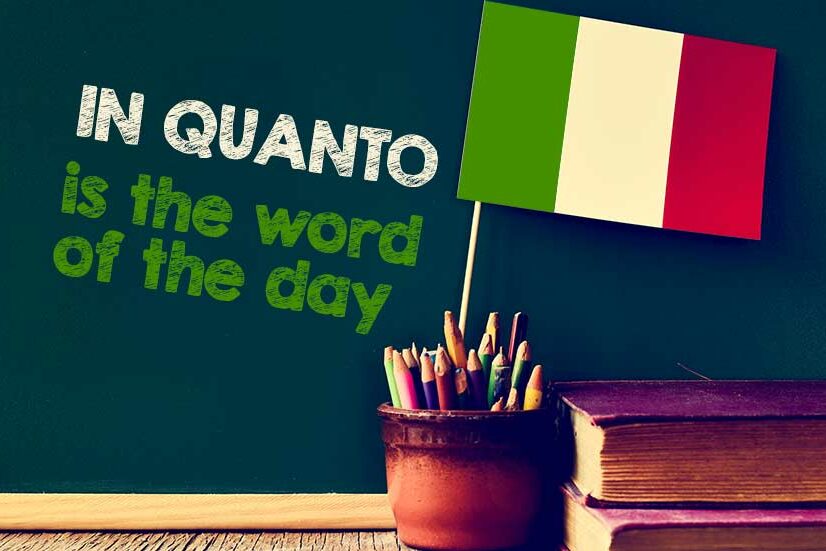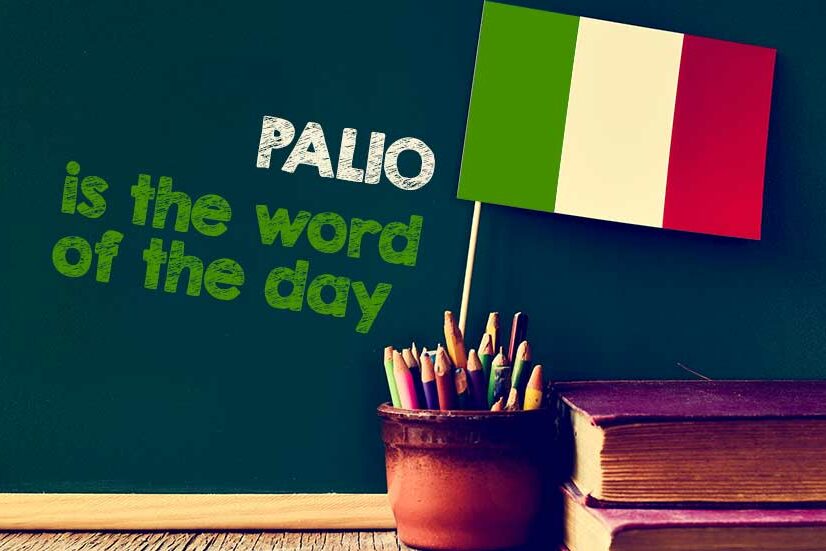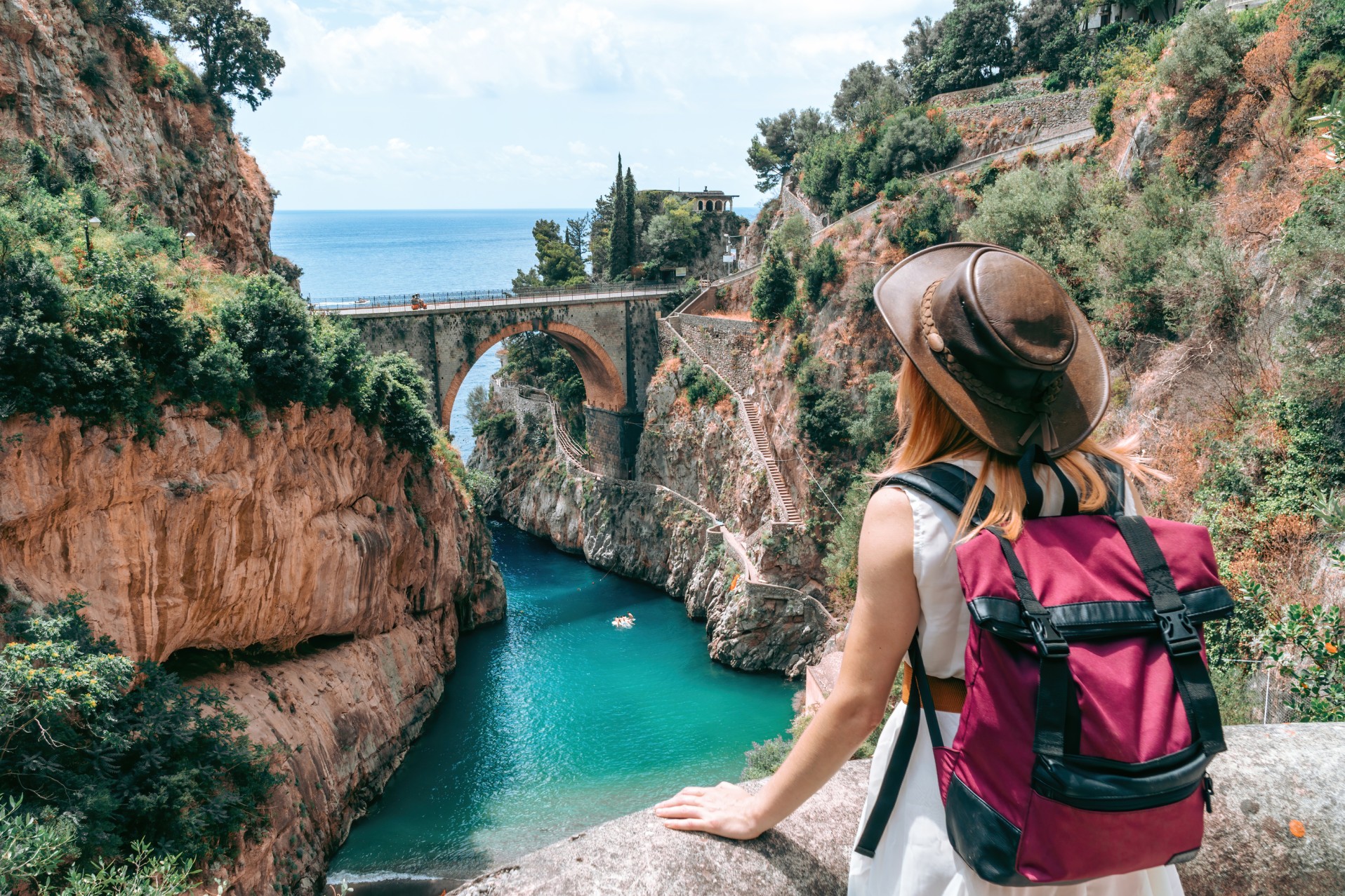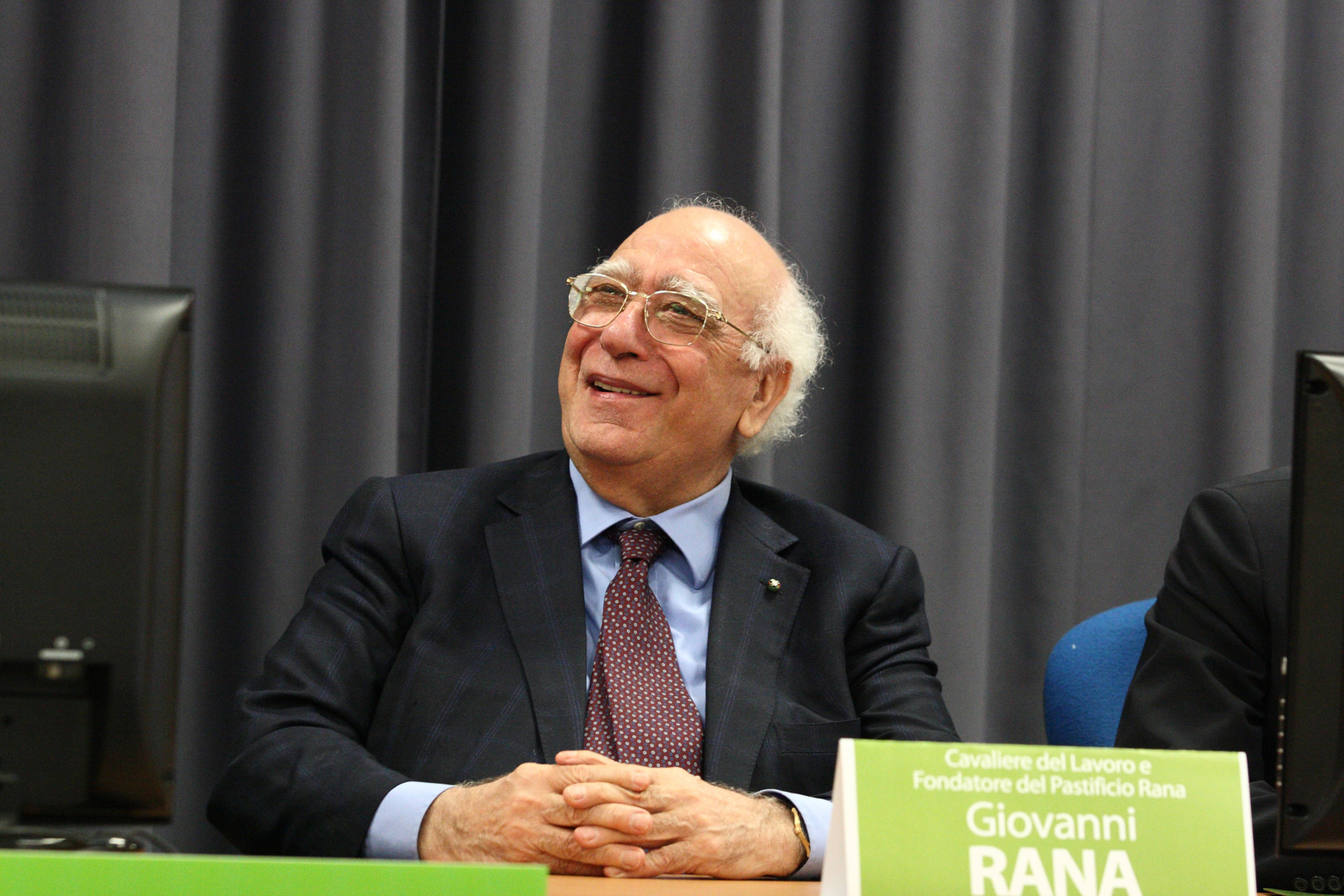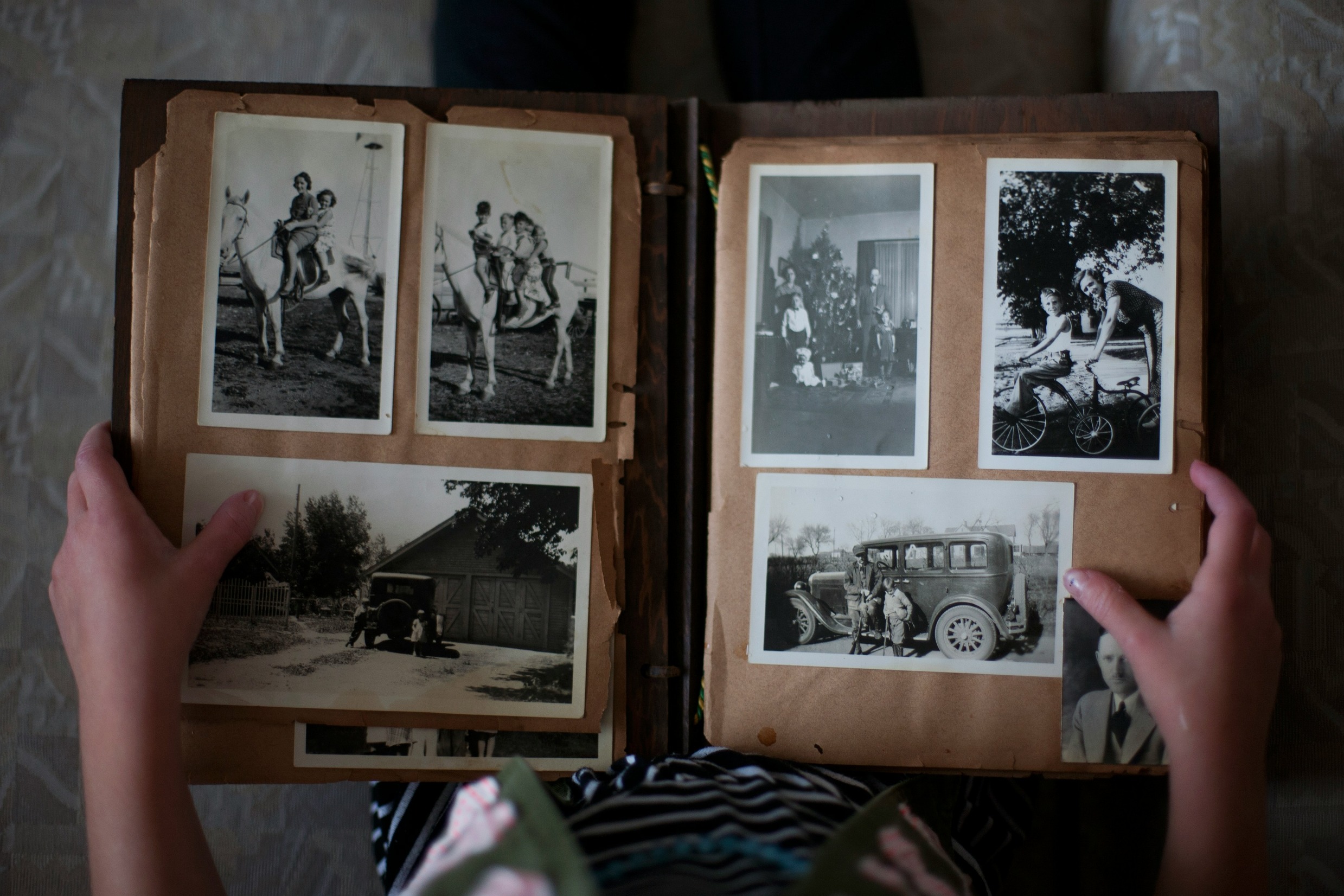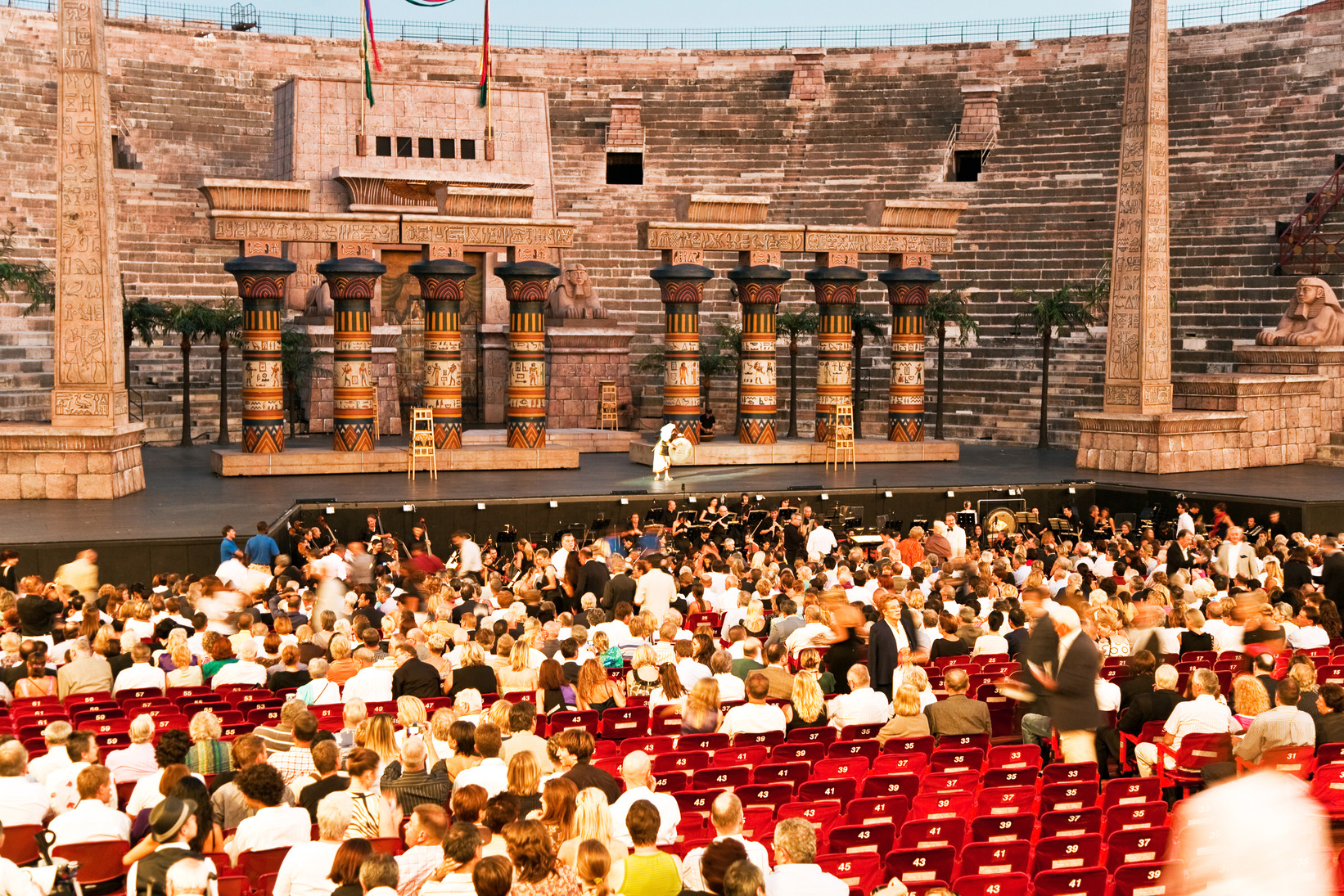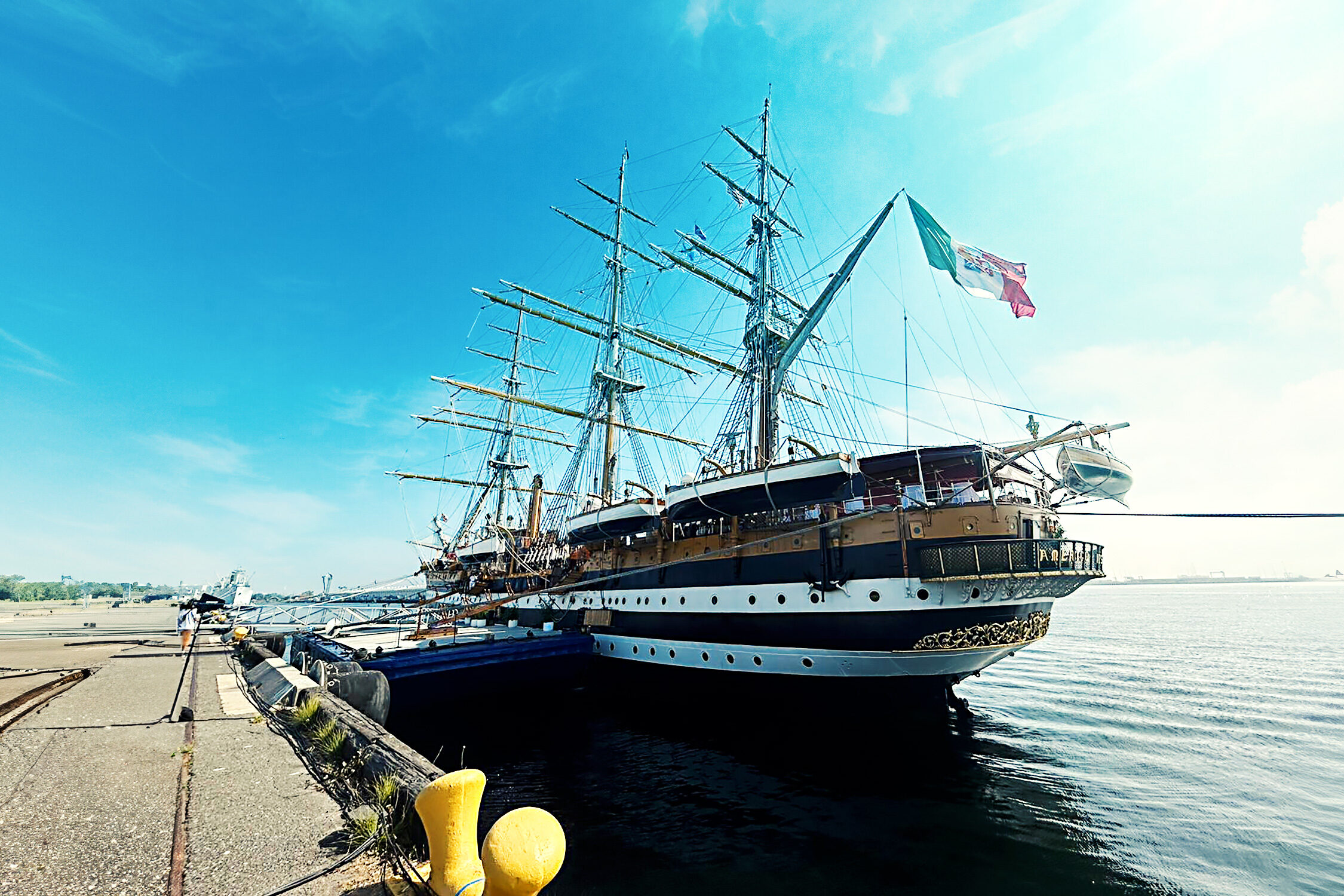Staff
We all know that life jackets are a crucial device for water safety, but not many among un may be aware that their origins are ancient and … Italian. The concept of buoyancy aids can be traced back to ancient …
The Festa del Redentore, or the Feast of the Redeemer, is one of Venice’s most significant and beloved events, celebrated annually on the third weekend of July. This festival has deep historical roots dating back to the 16th century, specifically …
The Italian expression in quanto (in kwan-toh) is quite fancy. Its history, as it is more often than not in Italian, starts with a Latin word, quantum, which means “how much” or “how many.” Historically, in quanto has been used …
The Italian word volentieri (voh-lain-tee-ai-ree) is an adverb that translates to “willingly,” “gladly,” or “with pleasure” in English. It is commonly used to express a positive and willing attitude towards doing something, and this is why we usually say it …
The word palio (pah-lee-oh) originates from the Latin term pallium, meaning “cloak” or “covering.” Over time, pallium evolved in the Italian language to refer specifically to a banner or a cloth used in competitions and festivals. Historically, palio became associated …
Furore, a little village along the Amalfi Coast between Amalfi and Positano, is almost hiding in plain sight. Known as il paese che non c’è (“the village that isn’t there”), it is a collection of scattered houses and unique natural …
Giovanni Rana is a prominent Italian food brand known for its fresh pasta, with a history that dates back to the 1960s. The brand was founded by Giovanni Rana, born in 1937 in Verona: his culinary journey began at a …
With the millions of people with Italian descent around the world—many of whom come to Italy to experience an emotional connection with their place of heritage—it is no wonder that 2024 has been declared a year of “Roots Tourism,” an …
The Arena di Verona Opera Festival was established in 1913, to celebrate the centenary of the birth of Giuseppe Verdi. The inaugural performance was Verdi’s Aida, chosen for its grandiose and dramatic qualities, which perfectly suited the majestic setting of …
Italy arrives at the Port of Los Angeles with the Amerigo Vespucci, Italy’s oldest naval vessel, bringing a slice of its rich maritime heritage. The Italian Navy’s tall ship, begins a six-day visit, offering free tours of the magnificent vessel. During its …

